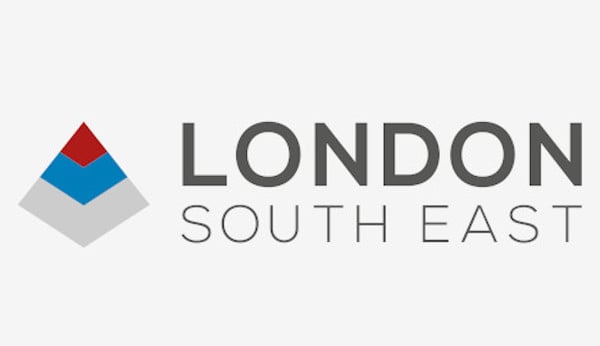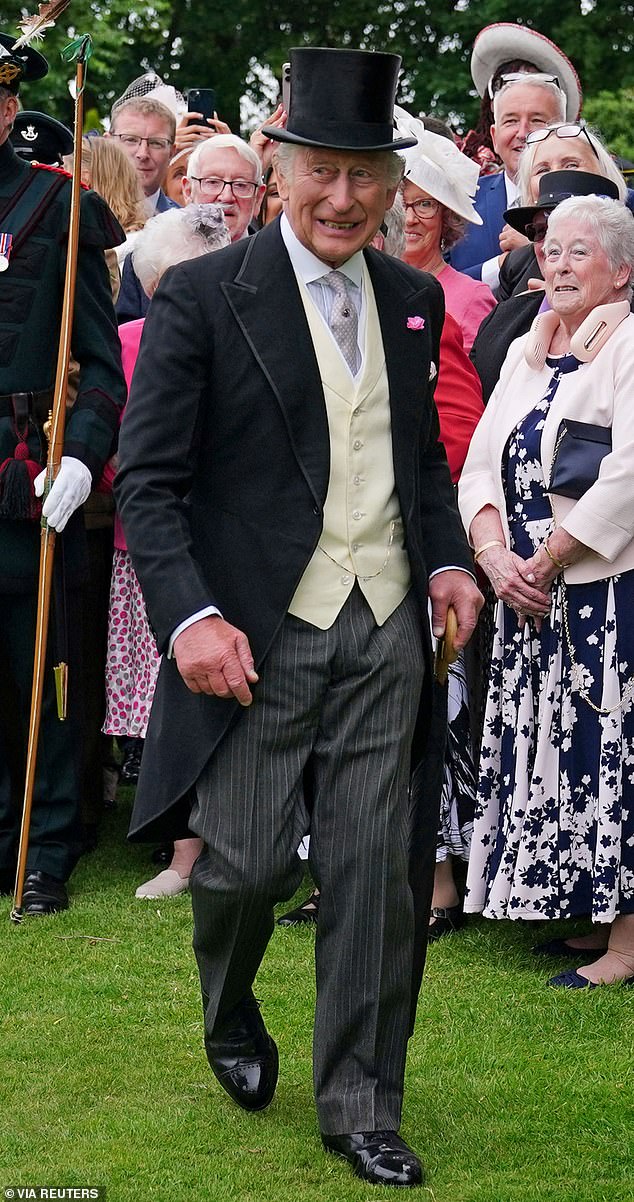Jet2 Shares Jump on Robust Profit Forecast and £250m Buyback Plan

Jet2, the London-listed leisure travel group, has announced a significant £250 million share buyback program following a robust fiscal performance. The company expects to report a profit before foreign exchange revaluation and taxation of between £565.0 million and £570.0 million for the year ended 31 March, marking a 9% increase from the previous year. This move underscores Jet2's confidence in its sustainable cash-generative business model and strong balance sheet, which boasts total cash of £3.2 billion and an 'Own Cash' balance of £1.1 billion at the end of FY25.
The share buyback initiative is set to enhance earnings per share by cancelling the repurchased shares, a strategy that has been well-received by the market. Peel Hunt analysts described the buyback as 'very positive,' highlighting the company's robust financial health. Jet2's decision reflects a broader trend among corporations with strong cash positions to return value to shareholders, albeit in a manner that favors institutional investors over private ones, especially those investing through tax-free wrappers like ISAs.
Looking forward, Jet2 is optimistic about its growth prospects, with 'on sale capacity' for summer 2025 currently 8.3% higher than the previous year, totaling 18.6 million seats. This expansion is partly attributed to the company's new bases at Bournemouth and London Luton airports, which contribute approximately 4% of the growth. Despite the positive outlook, Jet2 acknowledges the challenges posed by limited visibility and a trend towards later booking profiles in the travel sector.
The announcement has had a palpable impact on Jet2's stock, with shares climbing nearly 15% following the release of its trading statement. Analysts from RBC and Peel Hunt have lauded the company's strong return on invested capital and attractive valuation, suggesting that Jet2's integrated model and customer experience position it well for continued growth and value creation in the competitive leisure travel market.




